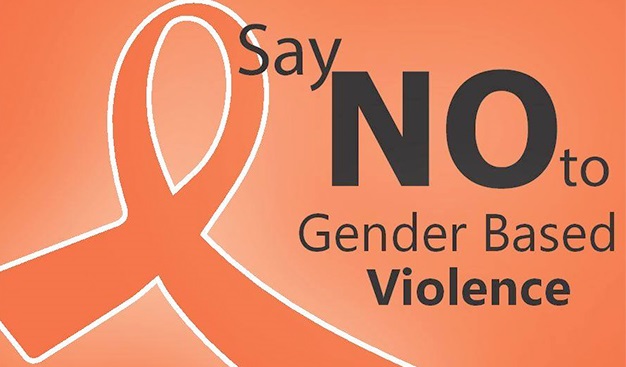Churches are on the front lines in reaching out to people suffering from violence in the home, priests have said.
“In certain parts of Ireland I’d say it would be a big part of your ministry, and not an easy one,” Cork-based Redemptorist Fr Gerry O’Connor told The Irish Catholic, explaining that priests are often called to help victims of domestic violence, especially at times when other sources of help may not be available.
“Sometimes as a priest you’re called to physically put yourself at risk to deal with a domestic situation that had gone acutely wrong, so often you’d be present as it’s happening and you’d be going back the next day or afterwards to try and talk to that family,” he said.
In a former parish, he said, at least one weekend a year would be formally devoted to the theme of domestic violence, with support groups being set up for women who suffered from the issue, and also for men inclined towards violence.
He added that this can be an area where a good pastoral team can work well. “Often you’d have a very wise local woman who would have much more confidence about dealing with the issue than I would but we’d try and do it together,” he said. “It would be very interesting for pastoral councils to put it as a mainstream agenda item, asking are we doing enough”.
The comments come against the background of the UN-led 16 Days of Activism against Gender-based Violence, during which one campaigning nun has said the Church should use the Prayers of the Faithful to highlight domestic violence.
“Can we as a Church acknowledge this violation of women and children?” Sr Fiona Pryle RGS writes in this week’s The Irish Catholic. “Can we plan, at least, to have a prayer included in the prayer of the faithful at Sunday Mass during these important days of activism?”
Churches play a key role in directly helping women and children who suffer from domestic violence, Capuchin Fr Bryan Shortall has said.
“Our doors are open, and we would also try to engage on the ground by visiting with them, by remaining in touch, by trying to be some kind of kind contact and a source of outreach and hope,” he said.
Engagement around this issue with charities, social services and An Garda can help underline the Church’s commitment to this issue, he said.
“People who are looking at us from outside can see we’re people who are on their side, who are on board, who are their friends, who can be trusted to try and help to break the cycle of violence.”
Diocesan training programmes can help priests and others make themselves available as people victims of violence can turn and talk to in confidence, Belfast’s Fr Michael McGinnity said.
Information
“It’s not counselling or anything like that – it’s simply someone you can talk to and then be referred on,” he said.
“We as clergy have over the years received information from and had awareness-raising events with Women’s Aid, so most clergy would be aware of Women’s Aid as a point of contact for anybody who comes to them who wants to get out of a violent situation.”
It is worth remembering too that men can also suffer from domestic violence, Fr Joe McDonald of St Matthew’s parish in Ballyfermot, Dublin, cautioned.
“I think that’s a neglected aspect,” he said.
“There’s a big taboo there: a man finds it difficult to acknowledge that he’s afraid of a woman, and even more that he’s afraid of his life partner.”
For more, head to our feature in the family and lifestyle section.


 Greg Daly
Greg Daly
